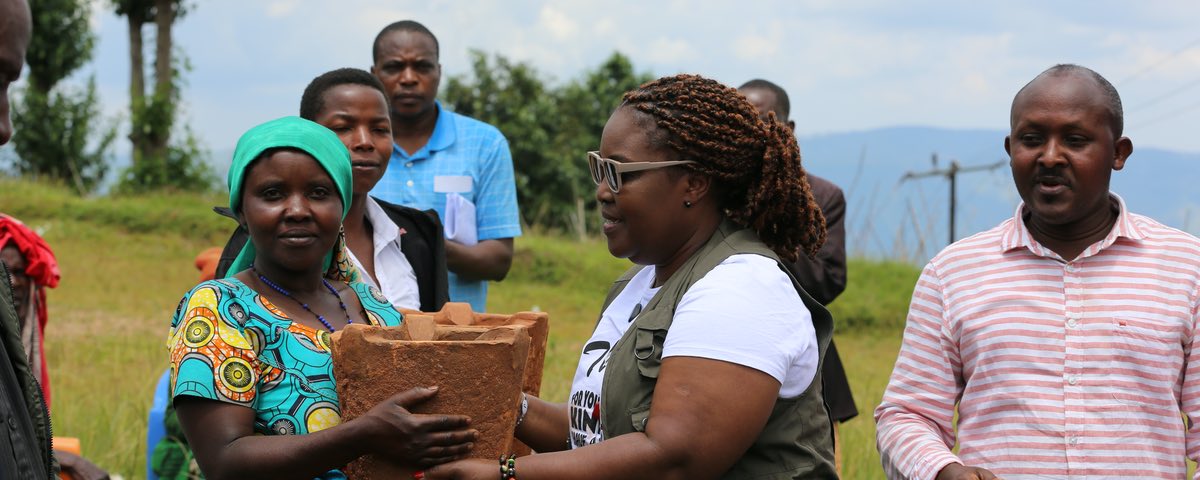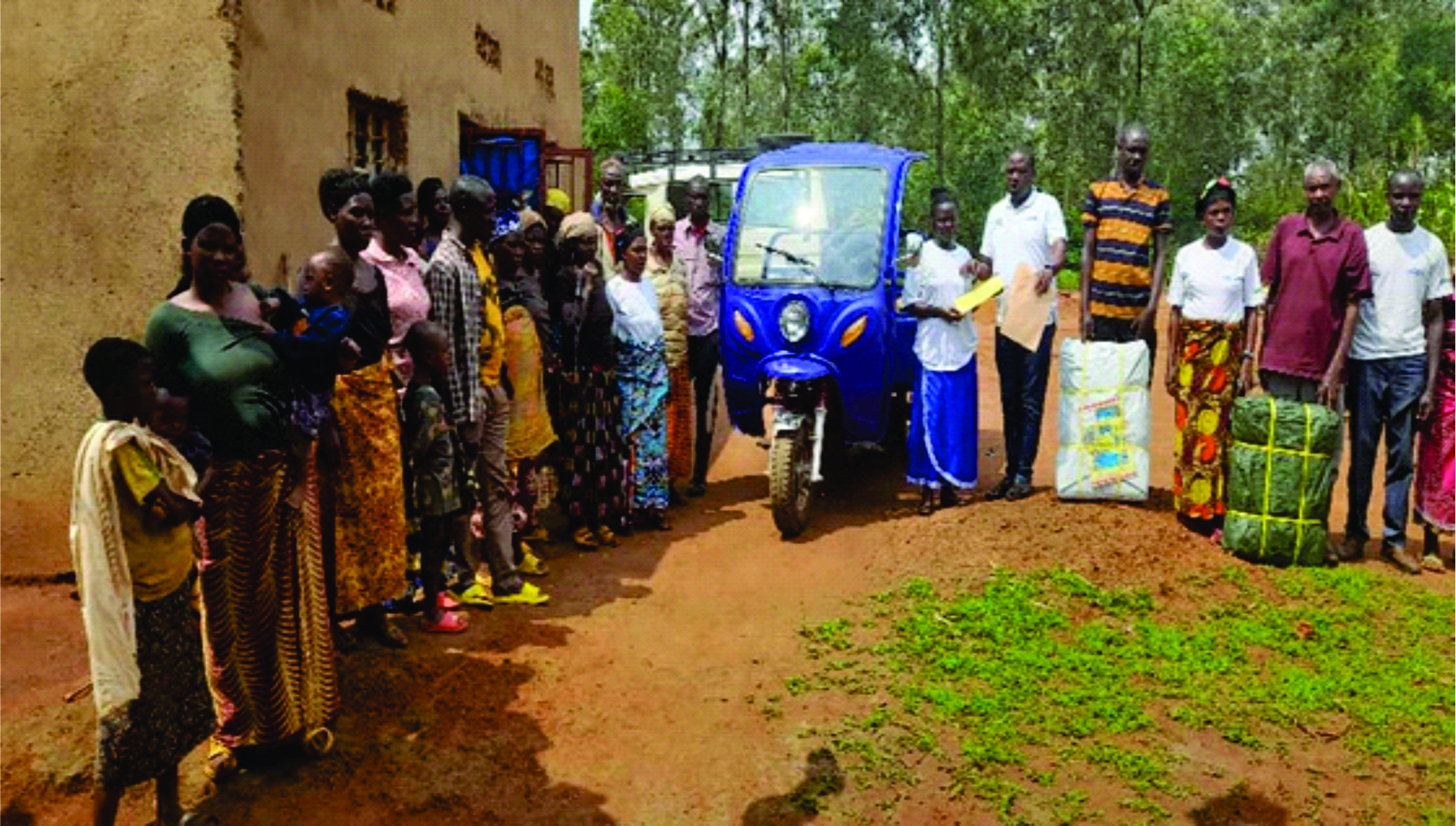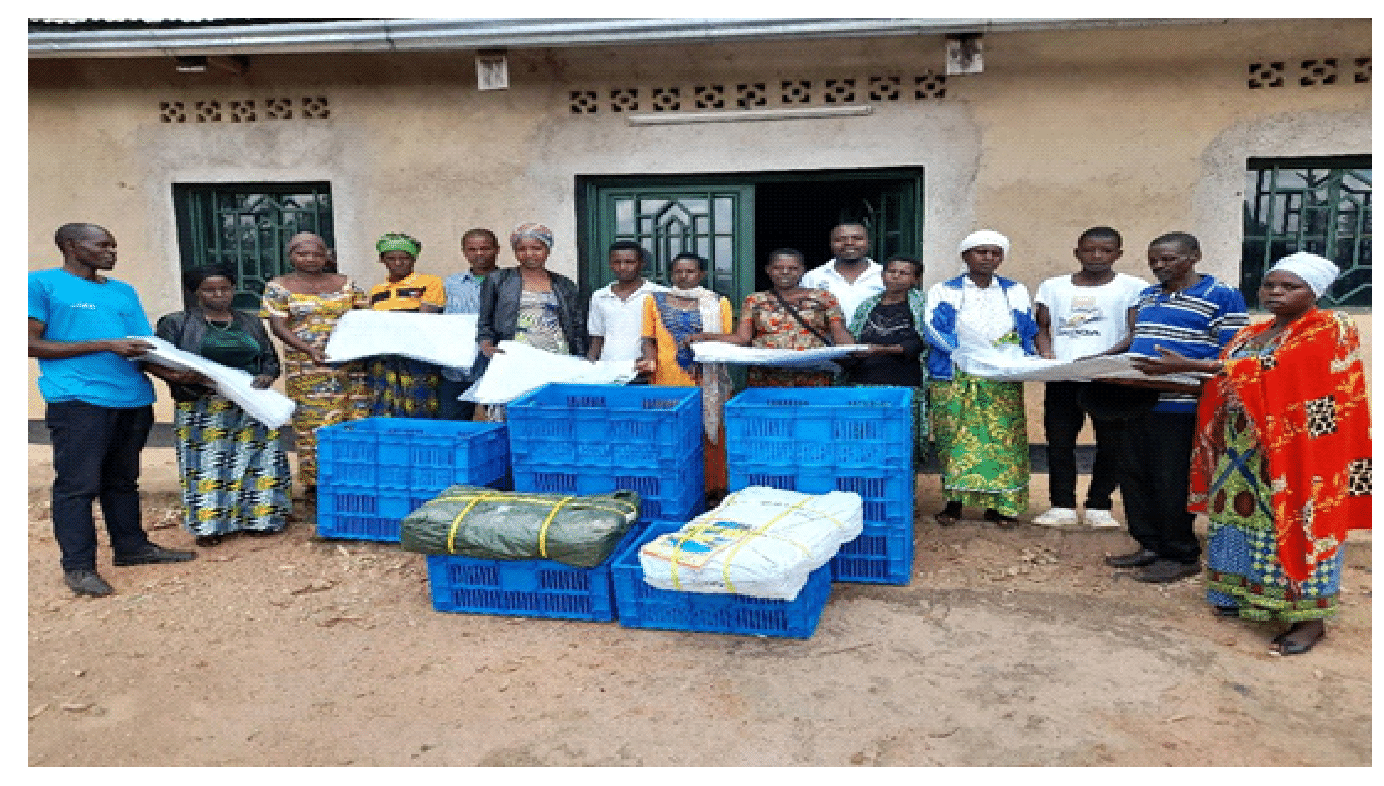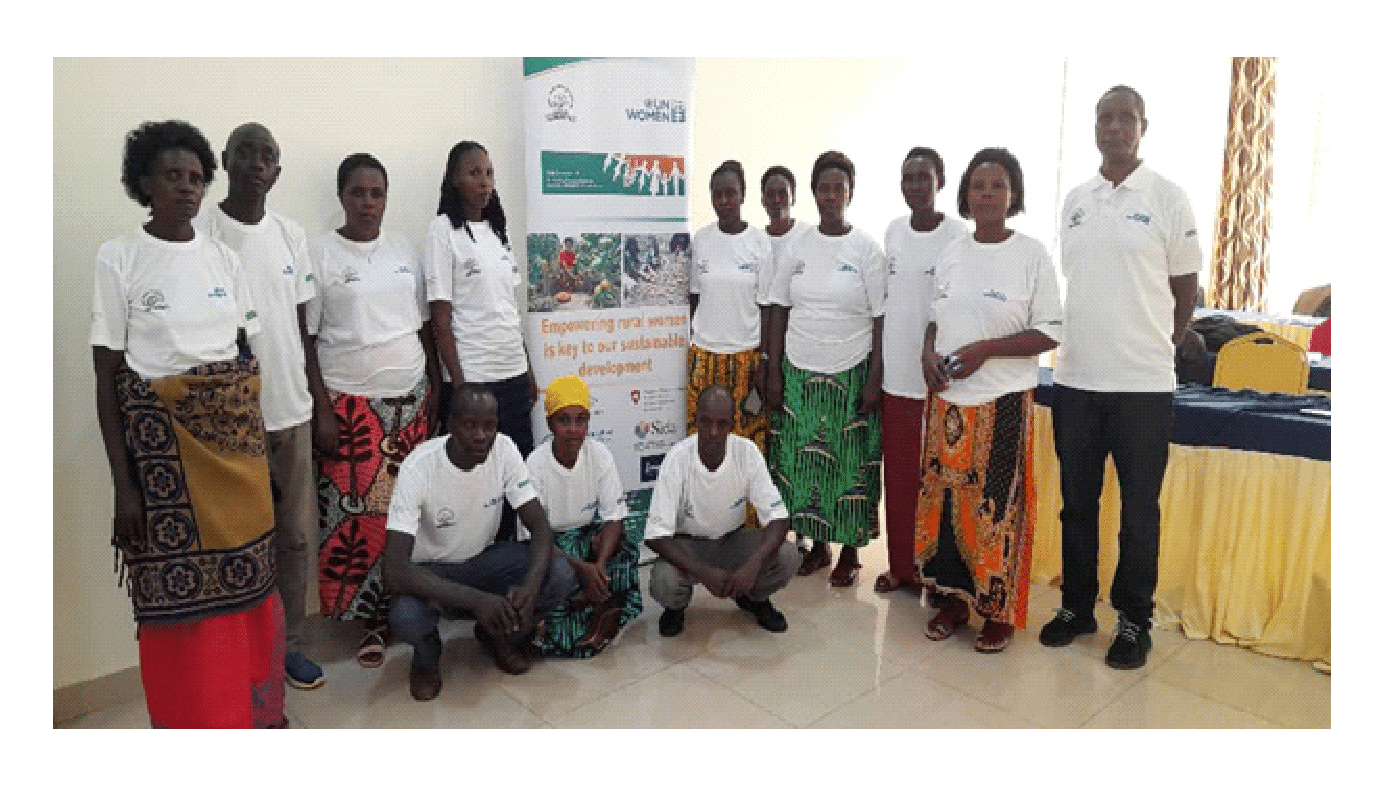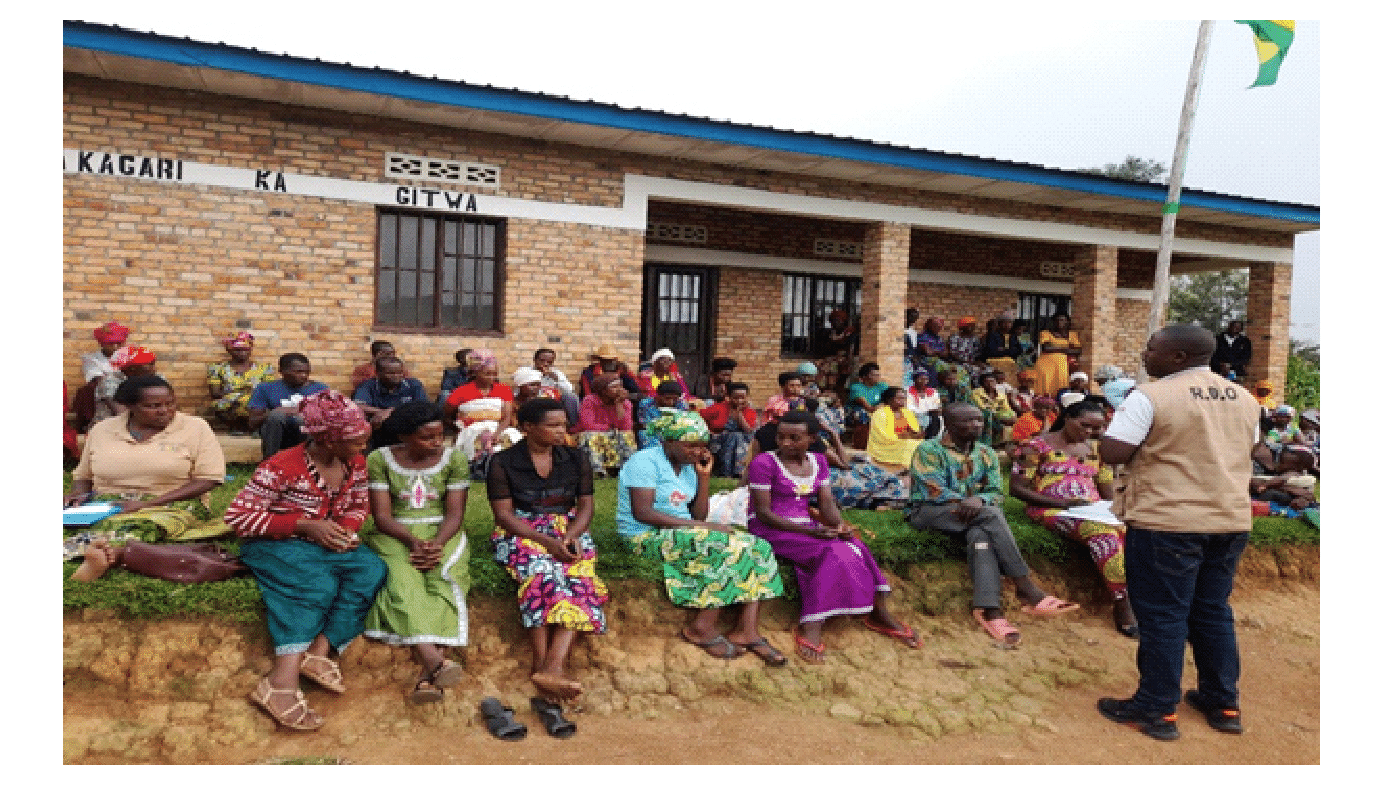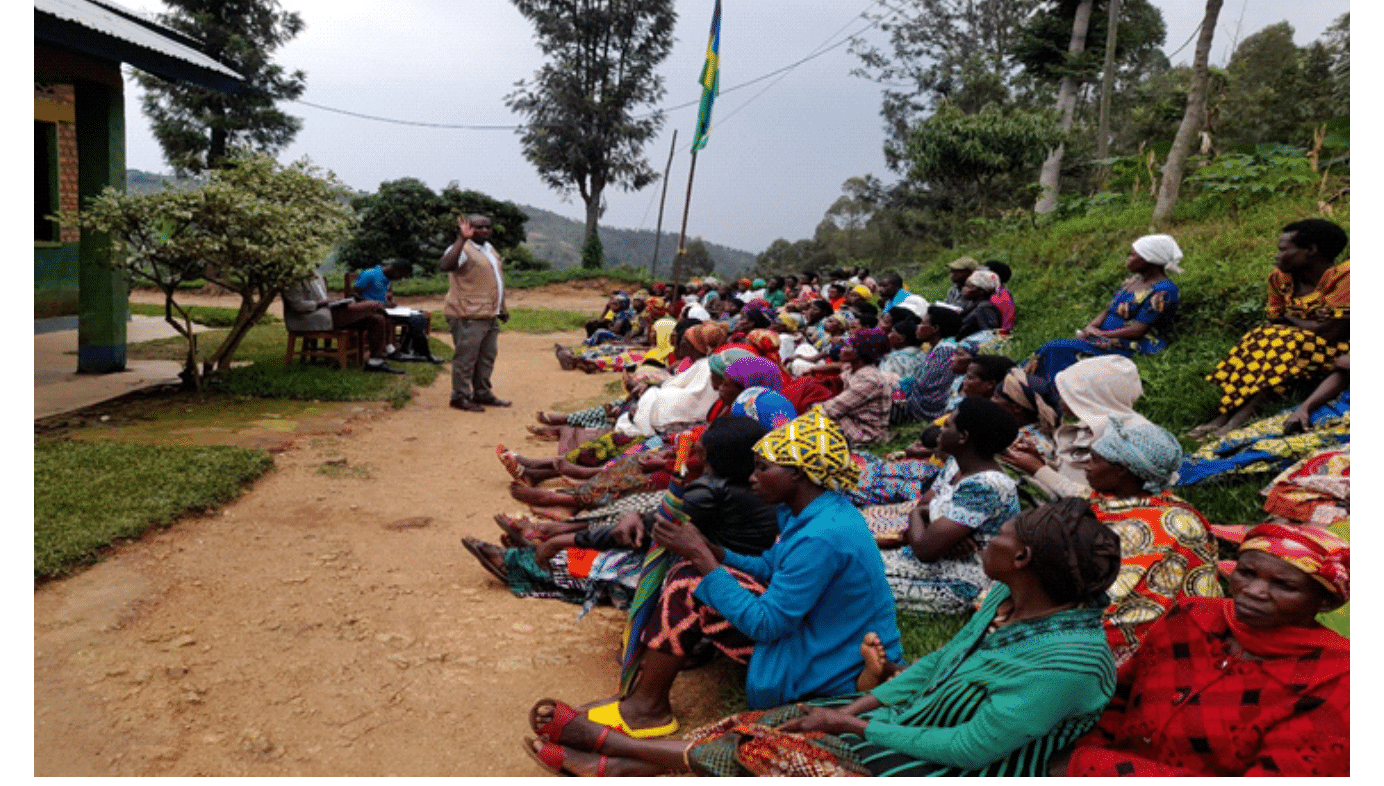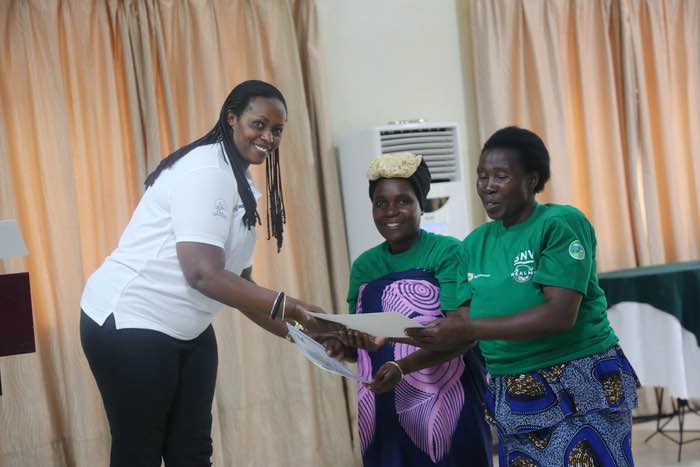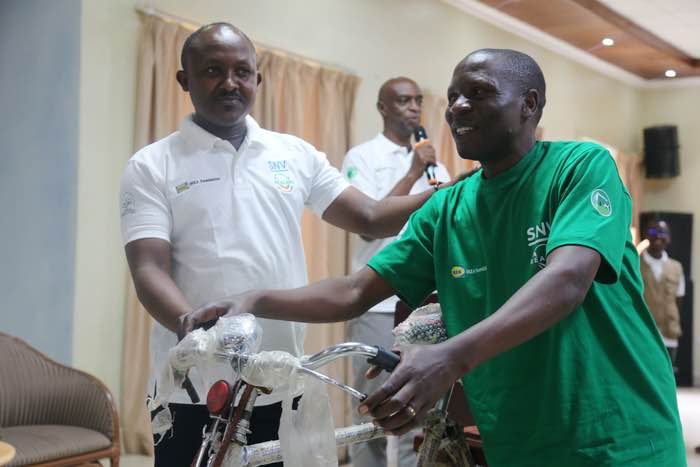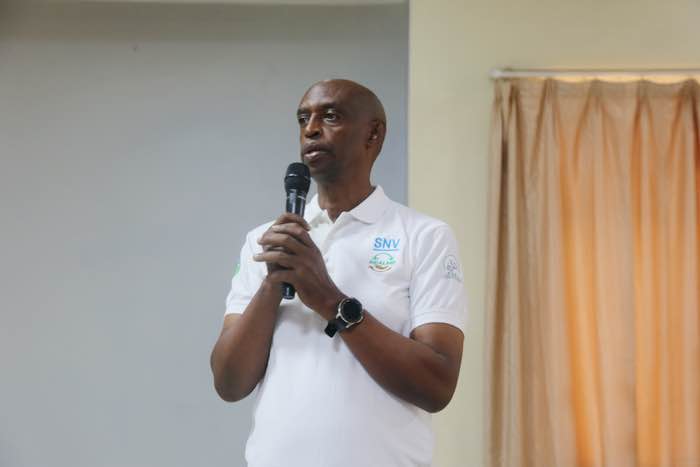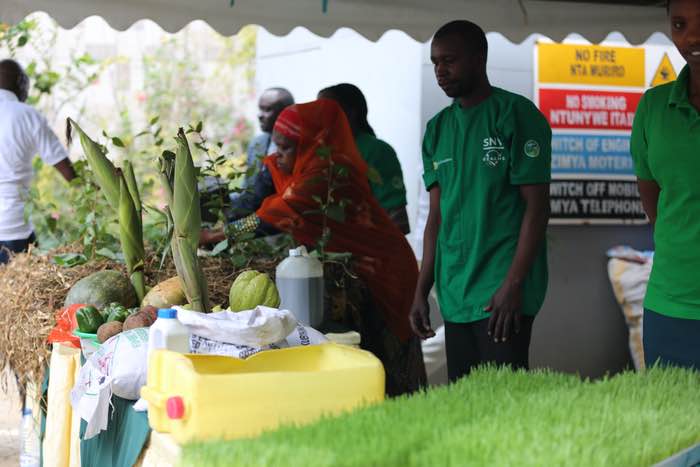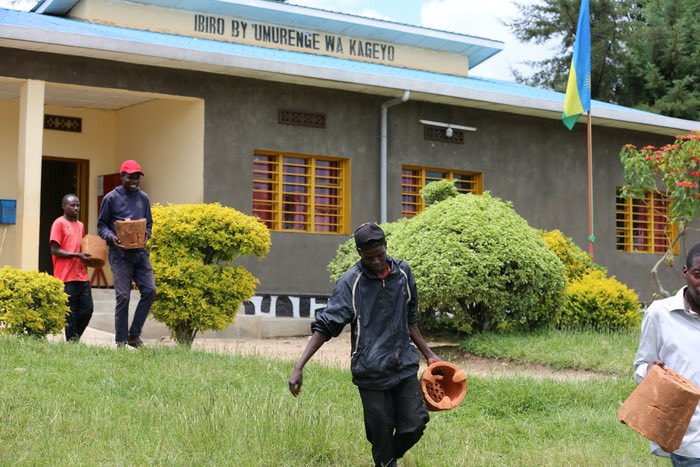 Communities in Ngororero District received a significant boost on Friday, March 8th with the distribution of at least 1,500 improved cookstoves. This marks the first batch of support activities delivered by RDO in collaboration with other partners, aiming to assist communities in weathering the storms of climate change and empowering them to take control of their own futures despite the most challenging circumstances.
Communities in Ngororero District received a significant boost on Friday, March 8th with the distribution of at least 1,500 improved cookstoves. This marks the first batch of support activities delivered by RDO in collaboration with other partners, aiming to assist communities in weathering the storms of climate change and empowering them to take control of their own futures despite the most challenging circumstances.
RDO is currently executing the Climate Just Communities Project (CJCP) in Ngororero District, focusing on the rehabilitation of 104 houses destroyed by floods or landslides, facilitating terracing on 152Ha of land, and distributing and installing 4,500 cookstoves for vulnerable households.
Patrick Uwihoreye, the Vice Mayor in charge of Economic Development in Ngororero District, presided over a ceremony at the Kageyo Sector offices to distribute cookstoves. He expressed sincere appreciation for the initiative, emphasizing its critical role in supporting families grappling with the harsh realities imposed by climate change.
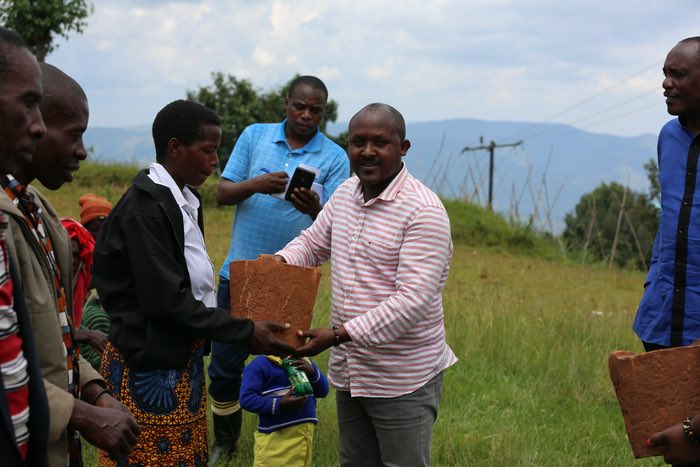
The Vice Mayor observed that since the majority of the population in Ngororero are farmers, the project will significantly enhance farming land through terracing, which helps retain soils and facilitates easier rehabilitation.
Damascene Ntambara, the Project Coordinator at RDO, stated that their aim is to support communities in Ngororero in adopting measures to mitigate the effects of climate change.
“RDO will distribute and install 4,500 improved cookstoves that are energy-efficient. Additionally, we will build or repair houses that have been destroyed due to adverse climatic conditions and rehabilitate at least 152 hectares of land through radical terracing,” Ntambara explained.
Present at the ceremony were representatives from Scotland, the primary funders of the project, and Trōcaire, the main subcontractor.
Cezarie Mukamana, a resident of Ruganda Village, Kageshi Cell in Kageyo Sector, has seen her house destroyed twice. Her family was selected as one of the first beneficiaries to have their house repaired.
Mukamana, an expectant mother of one child, is optimistic about having her new home, especially with her family eagerly awaiting the arrival of a new baby.
When visited to check on the status of the house, Mukamana expressed her gratitude to the local authorities and the project implementers for their support during this time of need. She explained that following the disasters, her family had to rent temporary shelter while her husband, Jean Claude Fayida, sought employment to support the family financially.
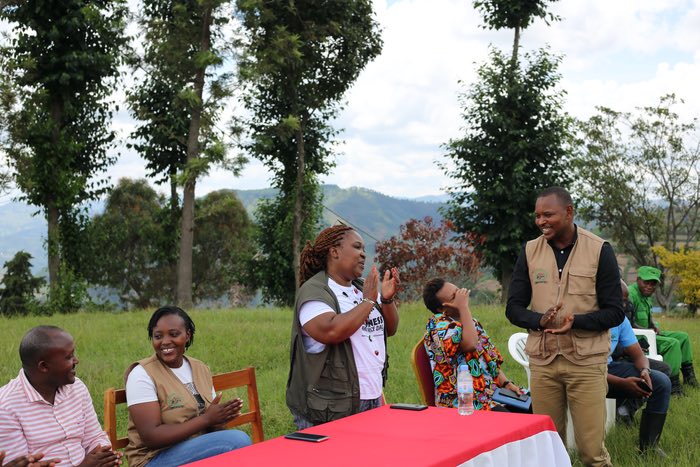
RDO is working on this project together with a consortium made of Trōcaire, Scottish Catholic International Aid Fund (SCIAF), Christian Blind Mission (CBM) - UK, local partners including Rwanda Climate Change and Development Network (RCCDN), DUHAMIC-ADRI, DUTERIMBERE NGO, and the National Union of Disabilities Organisation Rwanda (NUDOR).
The consortium is implementing the 3- year Climate Just Communities Project (CJCP) in Rwanda to support communities most affected by the consequences of a changing climate, including droughts, floods, landslides, heatwaves and increasing storms.
Working through local Rwandan organisations, communities particularly vulnerable members such as youth, women and persons with disabilities will receive support to develop their own plans to adapt to and recover from climate change.

